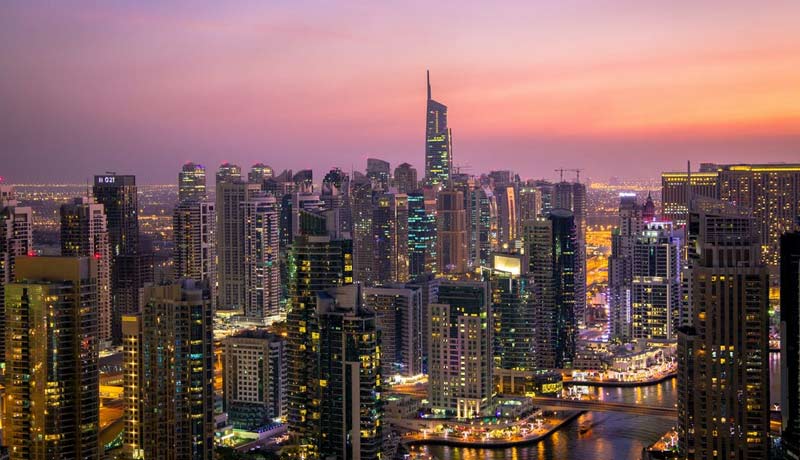
By Nilanjan Dey
A global tech hub, Dubai offers unparalleled connectivity and access to customers and infrastructure, thereby helping global tech companies become more competitive.
What comes to mind when we think of a global hub for tech and innovation?
A city with large and tall skyscrapers reaching for the sky and people moving around, indicating that it does not sleep at night.
The hub becomes a symbol of growth for the nation that hosts it and is important for a variety of reasons, one of which is economic. That is why it is critical for your country to have a global hub for technology and innovation.
For most countries, there are different hubs for technology and innovation, such as Bangalore in India, Silicon Valley in the United States, Beijing or Shanghai in China, and London in the United Kingdom.
Silicon Valley, one of the world’s longest global hubs, was founded in 1971 and is essentially the birthplace of the internet and many tech companies that now connect the world.
Dubai has emerged as the preferred global hub for technology and innovation, with many companies establishing offices here to gain access to the Middle East region.
Since its inception in 2000, the goal of Dubai Internet City has been to become a preferred hub for global startups and new economy companies. Venture capitalists prefer to invest in startups that originate in these hubs early on in order to reap significant benefits. These locations also attract a lot of talent because they provide better opportunities for people, and because they are hubs, there is almost never a shortage of any type of customer supply.
Whilst the COVID-19 pandemic demonstrated that an economy cannot rely solely on one sector, nations such as the UAE, which have been heavily reliant on oil exports or tourism, see establishing a Global tech hub as a way to diversify their economies.
Dubai first considered diversifying its economy during the 2008-2009 financial crisis. To become a hub, the city must be able to provide its entrepreneurs and startups with opportunities for growth. This can take the form of tinkering with regulations to ensure that it is not difficult for new businesses to acquire customers from established businesses. Moreover, new startups should be able to obtain funding in the form of loans or venture capital investment.
The city offers an excellent combination of a strong regulatory framework and a stable risk environment. In terms of the regulatory framework, the UAE implemented major legislative reforms in 2021 that pushed for development in a variety of sectors. They also advocated for better laws in areas such as electronic transactions and trust services, industrial property rights, copyrights, trade marks, commercial registers, commercial companies, online security, and so on, ensuring that the administration looks at and supports a pro-business model for entrepreneurs and startups.
According to Dubai Chamber statistics, the MENA Region raised $9.1 billion in venture capital funding, a 47% increase since 2020. However, the UAE leads the pack, accounting for 60% of total VC funding at $5.4 billion. It also led the world in attracting foreign direct investment (FDI) in 2021, with 418 greenfield FDI projects, a record number.
In a report by Coursera, the UAE ranks as the top nation when it comes to business skills proficiency. In areas like leadership and management, strategy and operations, communication, human resources, and entrepreneurship, among others, UAE students scored in the top ten percentile of students worldwide.
Dubai’s pro-business government supports and fosters an innovative attitude through the adoption of new regulations, a favorable investment climate, and access to a huge pool of talented professionals.